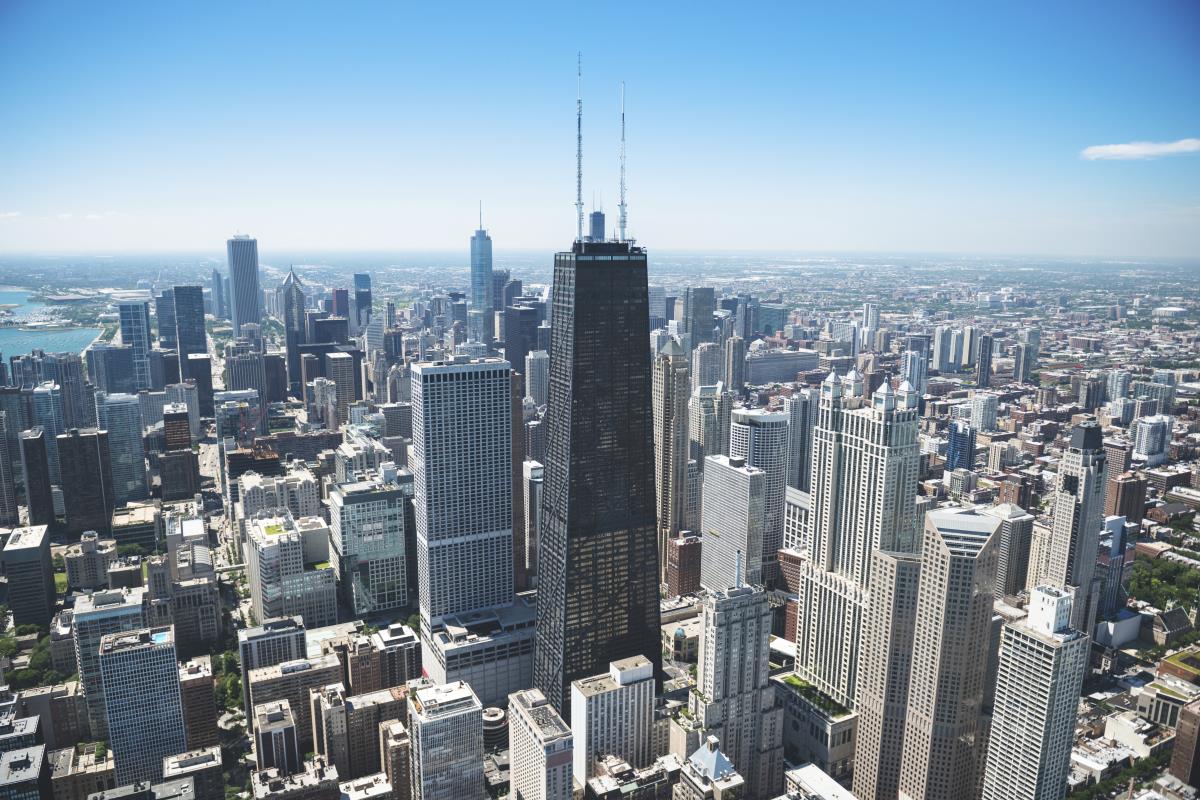Trump DOJ sues Chicago and Illinois over sanctuary laws, citing public safety risks
- Trump administration sues Chicago, Cook County, and Illinois over sanctuary policies, claiming they endanger public safety.
- DOJ argues sanctuary laws obstruct federal immigration enforcement and release dangerous criminals.
- Chicago Mayor and Illinois Governor defend their sanctuary policies as moral and compliant with federal law.
- Attorney General Pam Bondi threatens to limit federal funding to sanctuary jurisdictions.
- Legal battle expected as Democratic leaders vow to defend sanctuary policies.
The Trump administration has escalated its battle against sanctuary cities, filing a lawsuit against Chicago, Cook County, and the state of Illinois for their refusal to cooperate with federal immigration enforcement.
The Department of Justice (DOJ) argues that these jurisdictions’ sanctuary policies obstruct federal law, endanger public safety, and release criminal migrants back into communities. The lawsuit, filed on Thursday, targets laws like the Illinois Way Forward Act and Chicago’s Welcoming City Ordinance, which limit local law enforcement’s ability to work with Immigration and Customs Enforcement (ICE).
The DOJ’s lawsuit claims that sanctuary policies exacerbate a national crisis at the southern border, where illegal immigration poses “significant threats to national security and public safety.” By refusing to honor ICE detainers—requests to hold individuals for deportation—Chicago and Illinois are accused of releasing dangerous criminals into the community.
“Upon information and belief, the conduct of officials in Chicago and Illinois minimally enforcing—and oftentimes affirmatively thwarting—federal immigration laws over a period of years has resulted in countless criminals being released into Chicago who should have been held for immigration removal from the United States,” the lawsuit states.
The Trump administration has long argued that sanctuary cities create “safe havens” for illegal immigrants, including those with criminal records. “These states and localities advertise themselves as sanctuary jurisdictions. They are inviting people here who are illegal, and they’re promising to protect them from federal law enforcement,” a DOJ official told the New York Post.
Local leaders defy federal authority
Chicago Mayor Brandon Johnson and Illinois Governor J.B. Pritzker have doubled down on their support for sanctuary policies, framing them as a moral imperative. “Being a welcoming city just simply states that our local police department will not behave as federal agents. There’s a clear separation of powers there,” Johnson said. Pritzker, meanwhile, claimed Illinois’ laws are “compliant with federal law” and accused the Trump administration of making it harder to protect the public.
However, critics argue that these policies prioritize illegal immigrants over the safety of law-abiding citizens. Alderman Nicholas Sposato, a vocal opponent of Chicago’s sanctuary stance, accused the city of favoring “criminals over law-abiding citizens.”
Bondi’s crackdown on sanctuary cities
The lawsuit coincides with Attorney General Pam Bondi’s directive to limit federal funding to sanctuary jurisdictions. On her first day in office, Bondi warned that other sanctuary cities could face similar legal action. “For too long, leaders in Illinois and Chicago have abused their power by putting the comfort of illegal aliens over the safety and welfare of their own citizens. This ends today,” Bondi said in a statement.
The Trump administration’s legal action is part of a broader effort to enforce immigration laws and deter illegal immigration. Border czar Tom Homan has criticized sanctuary cities for making it “very difficult to arrest criminals,” particularly in Chicago, where local officials have been accused of actively obstructing ICE operations.
The lawsuit is expected to spark a protracted legal battle, with Democratic leaders vowing to defend their sanctuary policies. Cook County Board President Toni Preckwinkle pledged to “pursue every legal opportunity to defend the programs that we believe in and defend our values.”
As the case unfolds, it could set a precedent for how federal and local authorities navigate the contentious issue of immigration enforcement. For now, the Trump administration remains steadfast in its mission to uphold federal law and protect American communities from the dangers posed by sanctuary policies.
Sources for this article include:
YourNews.com
FoxNews.com
NYPost.com
Read full article here


